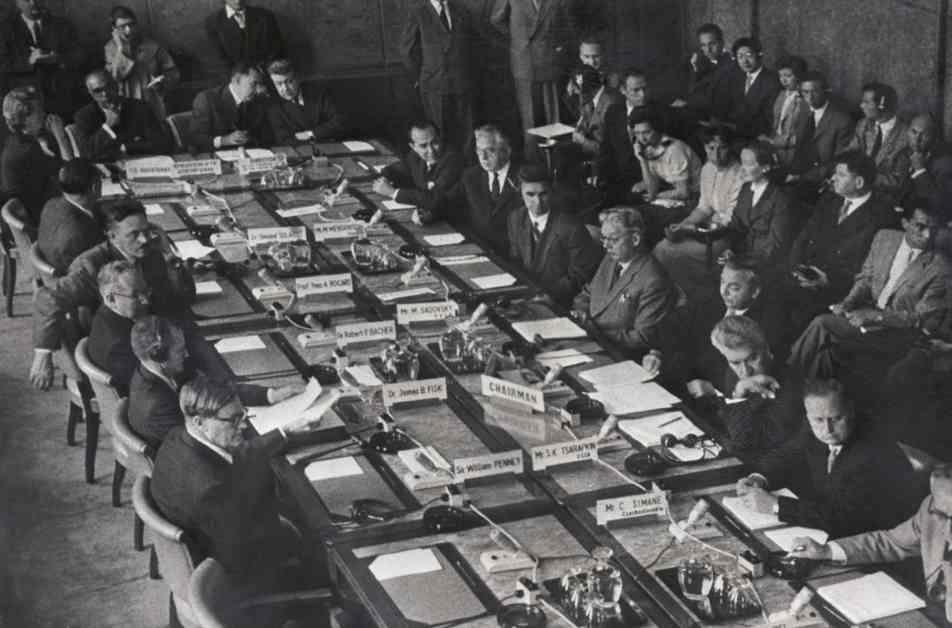In 1958, scientists from Russia and the West came together in Geneva to discuss monitoring a proposed ban on nuclear testing. This collaboration was a positive step towards international scientific cooperation. However, with current tensions between Russia and the West, scientific partnerships have been strained. The U.S. has only agreed to short-term extensions of its cooperation agreement with China, hinting at potential future cuts.
CERN, a European laboratory for particle physics, was established after World War II to bring together physicists from former adversary countries. However, recent conflicts have led to CERN cutting ties with Russia’s government due to the ongoing war in Ukraine. While Russian scientists at CERN may remain if they change their affiliations, this move highlights the challenges faced by international scientific organizations in maintaining partnerships amidst political tensions.
On the other hand, ITER, an international project building an experimental fusion reactor in France, has maintained its ties with Russia. The reactor’s design was proposed by Russian physicists, emphasizing the importance of global collaboration in scientific endeavors.
International scientific cooperation plays a crucial role in addressing global challenges such as nuclear proliferation, pandemics, climate change, and the ethical use of artificial intelligence. Organizations like the Intergovernmental Panel on Climate Change are vital in facilitating agreements on these issues and developing strategies for mitigation.
During the Cold War, initiatives like the Pugwash Conferences on Science and World Affairs brought together scientists to brainstorm solutions for nuclear arms control and other pressing issues. Collaborative efforts between U.S. and Russian scientists under Gorbachev’s leadership paved the way for significant reductions in nuclear stockpiles.
While current authoritarian regimes in Russia and China present obstacles to international cooperation, it is essential for the West to weigh the benefits against the costs. Building unnecessary barriers may hinder scientific progress and impede efforts to create a safer and more sustainable world.
The legacy of past international scientific collaborations, from Niels Bohr and Albert Einstein’s efforts to modernize physics to Gorbachev’s “new thinking” approach, demonstrates the power of global cooperation in addressing complex challenges. As we navigate current geopolitical tensions, preserving open channels for scientific dialogue and innovation is crucial for the advancement of humanity and the protection of our planet.




